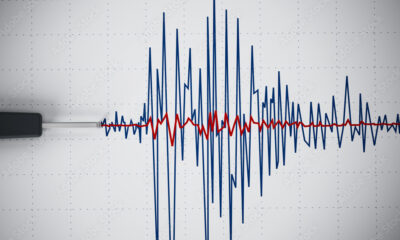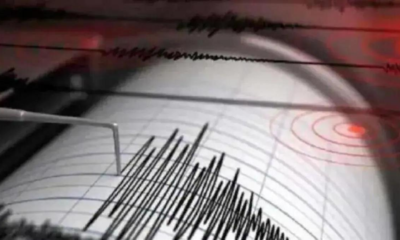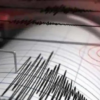

More in Gujarat Latest News
-


Gujarat Latest News
AMC Introduces Stainless Steel Biers at Crematoriums
Environment-Friendly Move The Amdavad Municipal Corporation (AMC) has announced a significant step toward sustainability by deciding...
-


Business
Indian Professionals Struggle in AI-Driven Job Market
Rising Job Search Anxiety A new LinkedIn report reveals that a significant percentage of Indian professionals...
-


Gujarat Latest News
Rashtriya Khanij Chintan Shivir–2026 to be Held in Gandhinagar
Event Overview The Ministry of Mines is organizing the Rashtriya Khanij Chintan Shivir–2026 from 8–10 January...
-


Gujarat Latest News
Over 200 RTE Complaints Filed on Swagat Portal
Grievances Submitted More than 200 complaints have been lodged on the Swagat portal regarding difficulties faced...
-


Gujarat Latest News
FRC Rejects St Xavier’s Loyola Hall’s Higher Fee Proposal
Background City‑based St Xavier’s Loyola Hall sought approval to charge an annual fee of ₹39,359 for...
























